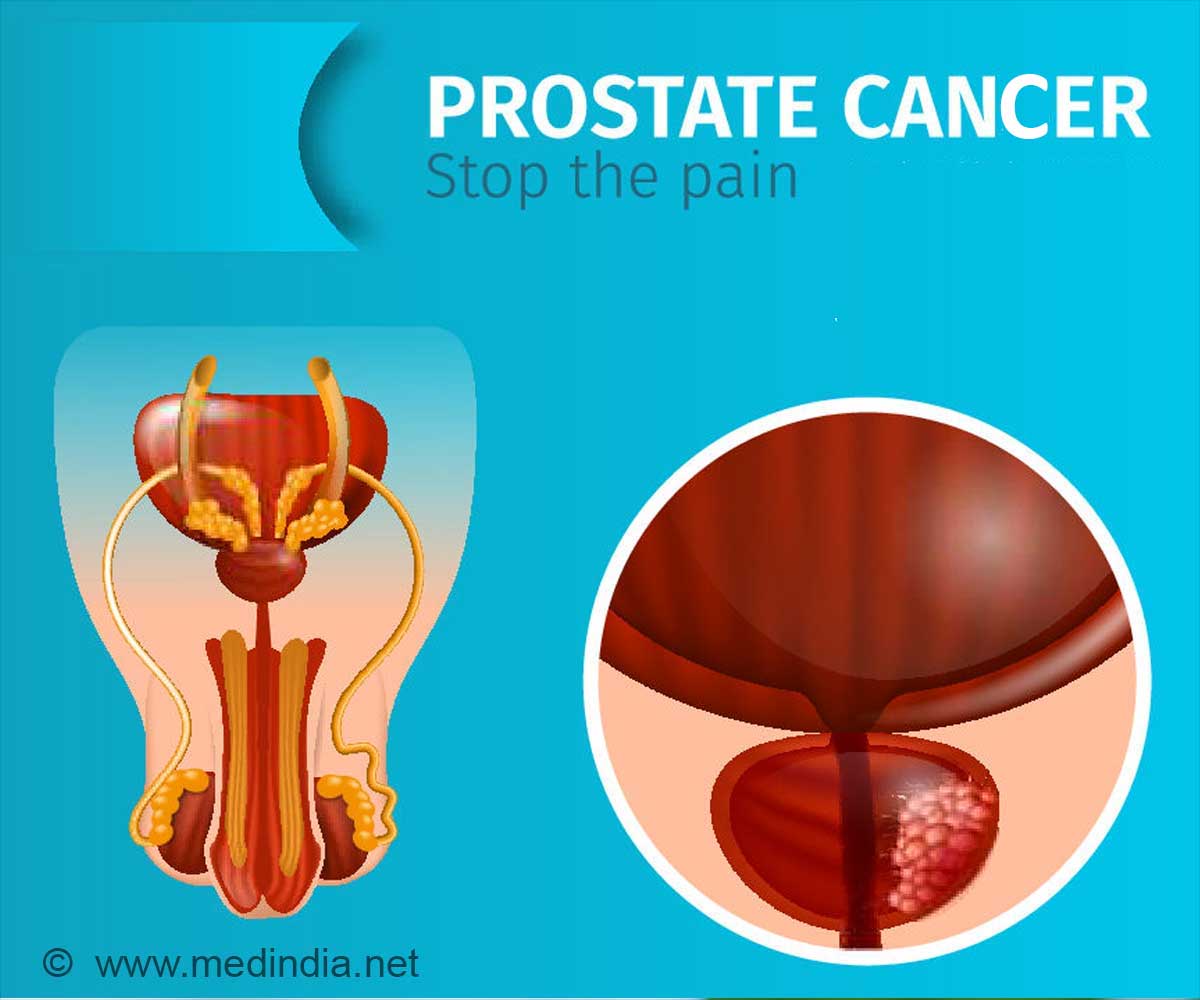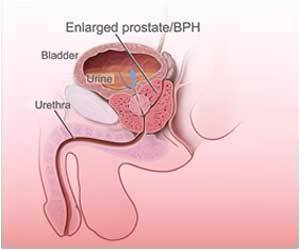Genetic abnormalities known as copy number variation in benign or malignant tissues predict relapse of prostate cancer, say researchers.

To detect the abnormalities, scientists conducted a comprehensive genome analysis on 238 samples obtained from men undergoing radical prostatectomy: 104 prostate tumor samples, 85 blood samples from patients with prostate cancer, and 49 samples of benign prostate tissues adjacent to a tumor. A third of the samples were from patients exhibiting recurrence with a PSA level increasing at a rapid rate, doubling in less than four months (rapid increases are associated with lethal prostate cancer); a third from patients exhibiting recurrence with a PSA level increasing at a slow rate, doubling time greater than 15 months; and a third with no relapse more than five years after surgery. Three commercially available prostate cancer cell lines were also tested to validate the results.
Deletions of large segments of specific chromosomes occurred with high frequency, whereas amplification of other chromosomes occurred in only a subset of prostate cancer samples. Similar amplification and deletion of the same regions also occurred in benign prostate tissue samples adjacent to the cancer. Prostate cancer patients' blood was found to contain significant CNVs. Most were not unique and overlapped with those of prostate cancer samples.
Using gene-specific CNV from tumor, the model correctly predicted 73% of cases for relapse and 75% of cases for short PSA doubling time. The CNV model from tissue adjacent to the prostate tumor correctly predicted 67% of cases for relapse and 77% of cases for short PSA doubling time. Using median-size CNV from blood, the genome model correctly predicted 81% of the cases for relapse and 69% of the cases for short PSA doubling time.
Dr. Luo notes that there are several potential clinical applications using CNV tests. "For a patient diagnosed with prostate cancer, CNV analysis done on blood or normal tissues would eliminate the need for additional invasive procedures to decide a treatment mode. For a patient already having a radical prostatectomy, CNV analysis on the tumor or blood sample may help to decide whether additional treatment is warranted to prevent relapse. Despite some limitations, including the need for high quality genome DNA, CNV analysis on the genome of blood, normal prostate, or tumor tissues holds promise to become a more efficient and accurate way to predict the behavior of prostate cancer."
Source-Eurekalert






![Prostate Specific Antigen [PSA] Prostate Specific Antigen [PSA]](https://www.medindia.net/images/common/patientinfo/120_100/prostate-specific-antigen.jpg)







